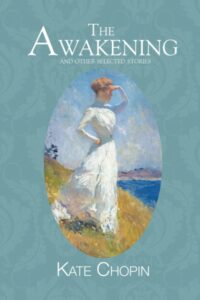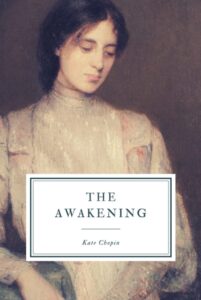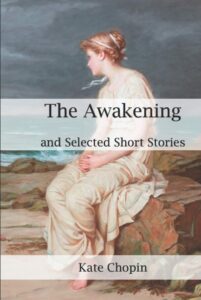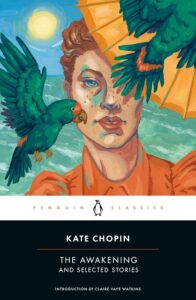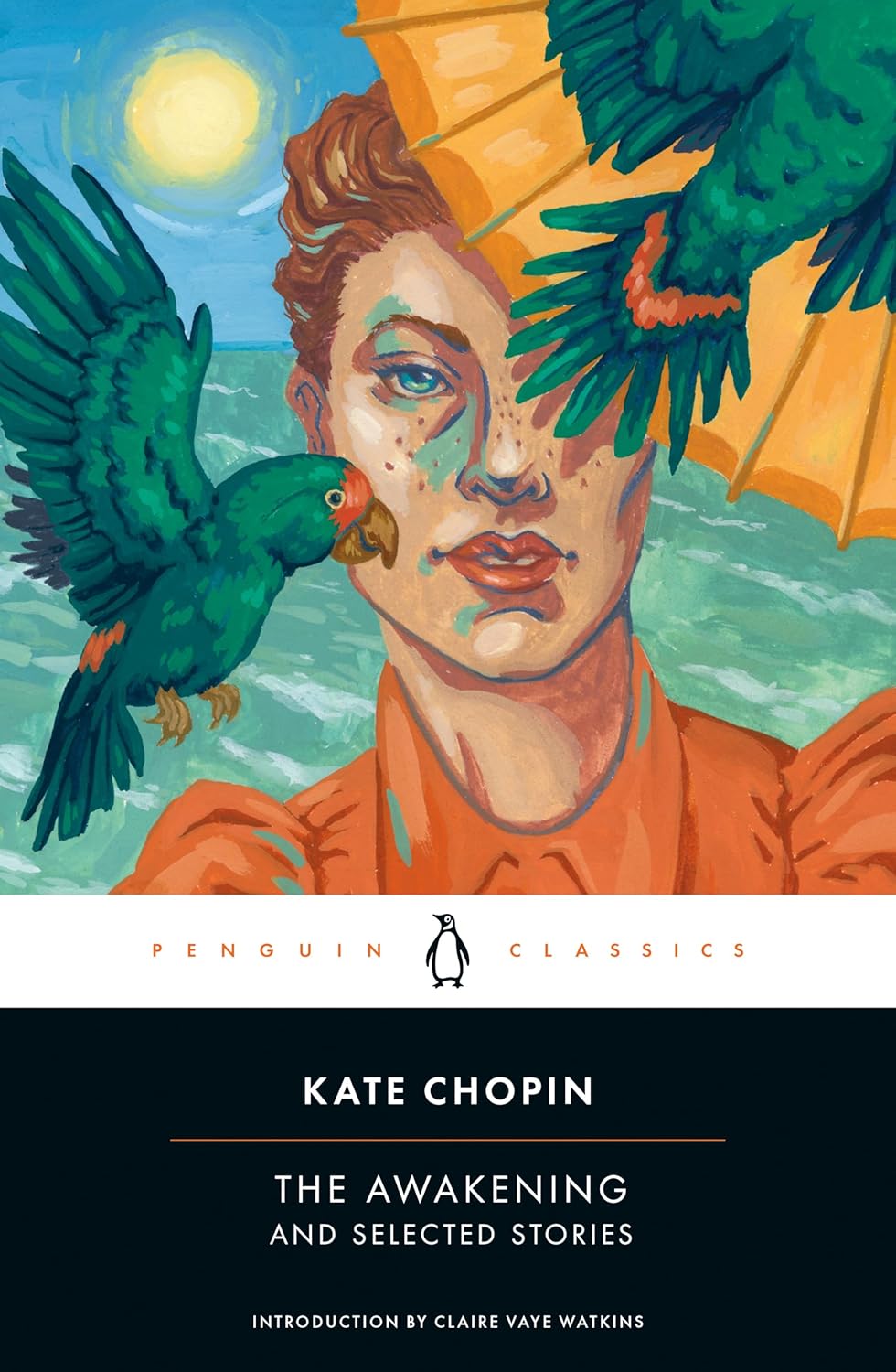When Kate Chopin’s The Awakening was published in 1899, it was met with immediate outrage. The novel was banned from libraries and dismissed by critics as immoral and scandalous. What shocked readers most was its portrayal of a woman seeking independence, sexual freedom, and a life beyond her role as wife and mother. At the turn of the century, such themes were considered dangerous to social order, and Chopin’s boldness in writing about female desire and autonomy made the book deeply controversial. For decades, it remained out of print, whispered about as a disgrace rather than studied as literature.
The novel’s censorship reflected a society uncomfortable with women’s voices that challenged tradition. By daring to write about Edna Pontellier’s struggle against conformity, Chopin gave her readers a story that confronted issues of gender, marriage, and selfhood long before they were openly discussed. The backlash was so severe that Chopin’s career as a novelist essentially ended with the book’s publication, showing how punishing the literary world could be to women who broke taboos.
Kate Chopin, born in 1850 in St. Louis, was a widowed mother of six when she began writing seriously. Drawing on her experiences in Louisiana, she became known for her short stories about women, family life, and the complexities of social expectation. While she was respected for her earlier work, The Awakening pushed boundaries in ways her audience was not ready to accept. Only years later, in the mid-20th century, did critics begin to recognize her novel as an early feminist masterpiece.
The story follows Edna Pontellier, a woman living in New Orleans who begins to question her marriage and the life society has laid out for her. Through her awakening, she seeks passion, independence, and freedom from the roles that confine her. Yet, the world around her offers little space for such choices, and her journey becomes both liberating and tragic. Chopin’s sensitive portrayal of Edna’s inner life made the novel groundbreaking, even if it was condemned in its time.
Today, The Awakening is celebrated as a pioneering feminist text and a cornerstone of American literature. What was once banned for its honesty is now admired for its courage. It continues to matter because it speaks to struggles of identity, freedom, and self-expression that remain relevant more than a century later. The novel’s history reminds us how literature can provoke discomfort by telling truths society isn’t ready to face—and how such books often become the ones we value most.
